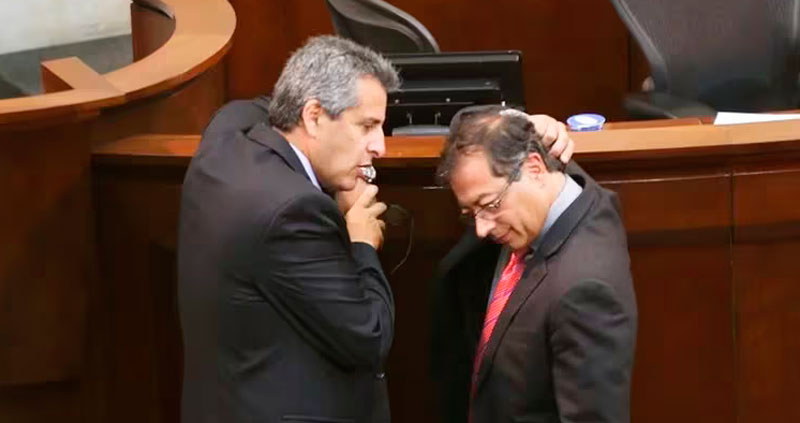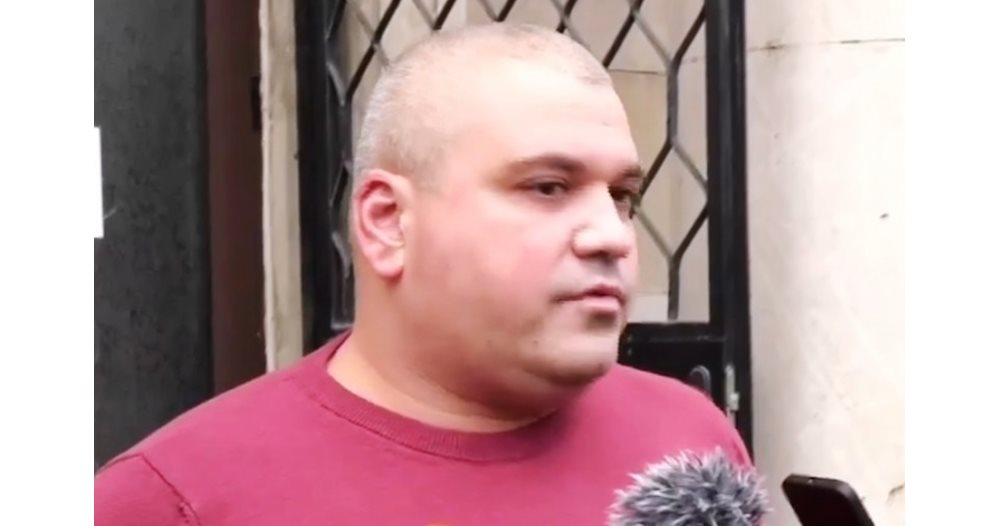The reforms to health, labor and the statutory education law are advancing in their procedures in the Congress of the Republic. The first, after months immersed in its second debate, finally advanced and passed to the Senate to continue its course; the second began its formal discussion on December 13. That same day, the third project of the Petro Government was also approved in the first debate.
With the year-end legislative recess just around the corner (December 16), the call for extra sessions is beginning to sound like a possibility to advance the Government’s legislative agenda. However, for the Minister of the Interior, Luis Fernando Velasco, it may not be necessary.
In statements to various media outlets, Minister Velasco warned that he will discuss with President Gustavo Petro about the call for extra sessions, but that he believes they will not make this decision:
“It is a topic that I will discuss later with the President. “I feel like we’ve made progress on the legislative agenda and I’m not sure we need it.”
The only project, according to Minister Velasco, that would make them call extra sessions, would be one on arbitration in tax matters: “I would think that there would be a pending issue, a series of congressmen from the First Committees of the Senate and Chamber have approached me to tell me that the project on tax arbitration is not sufficiently prepared.”
Therefore, he announced that he will meet with the Minister of Finance, Ricardo Bonilla, to talk about the matter, which he insisted “would perhaps be the only issue that would call us to some extras”, otherwise, Minister Velasco assured that “The legislative agenda is coming out quite close to what was planned.”
Labor reform advances in the House of Representatives
Regarding the labor reform project, which will begin to be discussed on December 14, after the December 13 session was suspended once the archiving proposal presented by the Democratic Center and Radical Change was rejected, Minister Velasco said that the He is in good health and that the Government’s intention is to advance as much as possible on this project before the legislative recess begins.
“We would aspire for there to be substantial progress, which for us is the approval of the report that we are going to debate tomorrow morning, which indicates that the project must be debated. Even the Minister of Labor and the speakers themselves tell me about a significant number of articles already agreed upon, that would be good progress and we would have a reasonable amount of time to continue in the agreement process.”
Even so, the minister acknowledged that expecting the entire project to be approved before December 16 “is quite optimistic,” but he said that the reform is still alive, even though they gave it a death certificate when it was established.
“I feel and believe that it is evident, and it was seen in the debate, that there are still some issues to be adjusted, especially in collective rights, but this reform was born with a death certificate and here it is alive and well and we are going to continue giving it the debate”
He also defended the project saying that “it would be a very great victory for Colombians, to recover their overtime, their surcharges, to have another series of rights that were lost with the promise that unemployment was going to end and it did not end and what “The income of many people was gone, which was reduced.” With Infobae


